A soft drink typically contains carbonated water (although some lemonades are not carbonated), a sweetener, and a natural or artificial flavoring.
The sweetener may be sugar, high-fructose corn syrup, fruit juice, sugar substitutes (in the case of diet drinks), or some combination of these. Soft drinks may also contain caffeine, colorings, preservatives, and other ingredients.
Soft drinks are called “soft” in contrast with “hard” alcoholic beverages. Small amounts of alcohol may be present in a soft drink, but the alcohol content must be less than 0.5% of the total volume if the drink is to be considered non-alcoholic.
Fruit punch, tea, and other such non-alcoholic beverages are technically soft drinks by this definition but are not generally referred to as such.
Soft drinks may be served chilled, over ice cubes or at room temperature. They are available in many formats, including cans, glass bottles, and plastic bottles (the latter in a variety of sizes ranging from small bottles to large 2-liter containers).
Soft drinks are also widely available at fast food restaurants, movie theaters, convenience stores, casual dining restaurants, dedicated soda stores, and bars from soda fountain machines.
Soda fountain drinks are typically served in paper or plastic disposable cups in the first three venues. In casual dining restaurants and bars, soft drinks are often served in glasses.
Soft drinks may be drunk with straws or sipped directly from the cups.

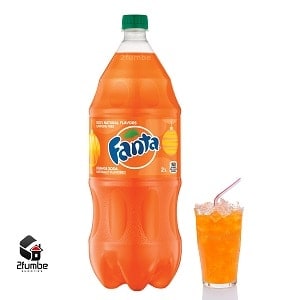
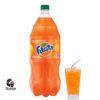
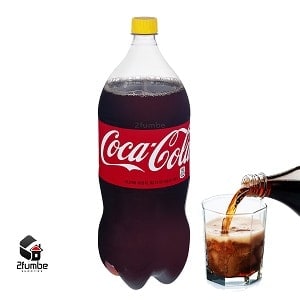
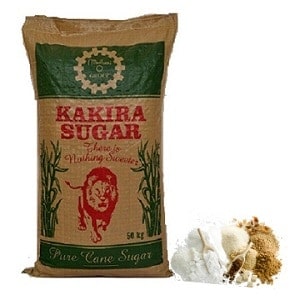
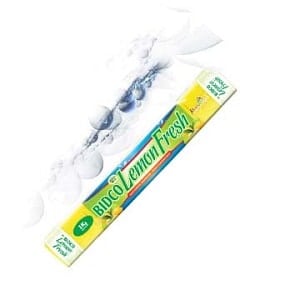
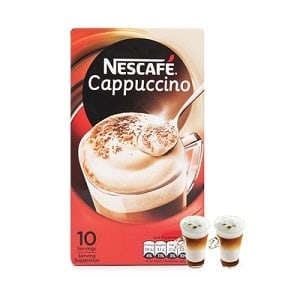
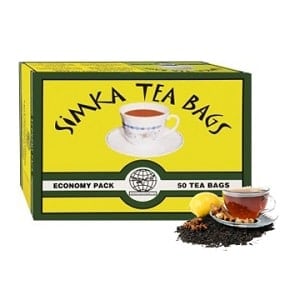
Reviews
There are no reviews yet.